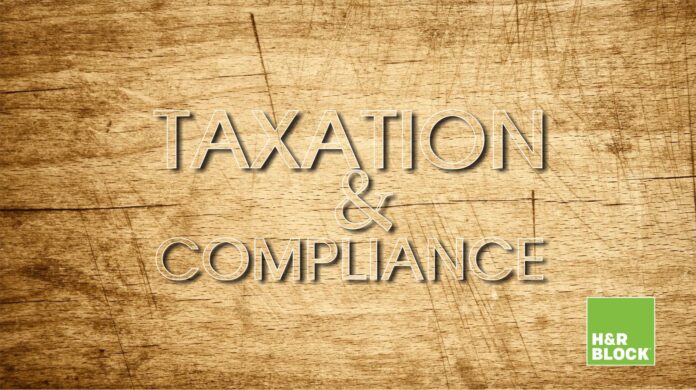
CA Ankita Mathur
To run our household in a manner that meets the needs and wants of each member, we keep accurate accounts by outlining expenses, savings, loans, etc. By doing so,we also plan for extravagant luxuries such as a dream vacation or a new car, but after meeting our daily needs. Similarly, the government needs to be aware of citizens’ earnings,in order to take care of their needs to the best of its ability. That’s why under the GST regime, any business with aggregate turnover exceeding Rs 20 lakh must mandatorily register itself.
Under the GST regime the number of registered taxpayers will increase significantly, thereby allowing the government to better plan and execute for the needs of its citizens. While business owners may feel frustrated in the beginning, compliance will allow the government to formulate realistic policies for businesses of all sizes in the long run, which is a definite value-added benefit.
What is Aggregate Turnover?
Aggregate turnover, under GST, means the combined value of all taxable goods excluding reverse charge payables for inward supply of goods. It includes exempt supplies, exports and inter-state supplies of persons under the same PAN. However, regardless of aggregate turnover, casual and non-resident taxpayers must get themselves registered before proceeding with business transactions.
So, aggregate turnover includes the values of:
• Taxable supplies
• Exports of goods &services
• Interstate supplies
• Exempt goods &services
It does not include:
• Central tax
• State tax
• Union territory tax
• Integrated tax
• Cess
Furthermore, if a person has several branches across many locations in India under one PAN, the turnover for the person will be determined by combining the values of all the branches.
To better understand this let’s look at Mr Pandey, who manages his family farm and has a turnover of Rs 75 lakh. He would be exempt from registering, as he would fall under the exempt category of an agriculturist. However, as MrPandey also has a mechanic shop which has a turnover of Rs 10 lakh, he would have to register himself under GST laws, since his aggregate turnover crosses the exemption limit of Rs 20 lakh. Additionally, since MrPandey’s aggregate turnover is less than Rs 1 crore, he can opt for and register under the composition scheme.
Special Category Aggregate Turnover
Special category states, which include but are not limited to Assam, Jammu & Kashmir, Manipur, Meghalaya, Nagaland, Sikkim, Himachal Pradesh, Uttarakhand,etc, have a turnover limit of only Rs 10 lakh.
So, if MrYoko who lives in Manipur, has an aggregate turnover of Rs 15 lakh from his family farmland and also has a turnover of Rs 5 lakh from a hotel he runs, then he would have to register for GST since his aggregate turnover crosses the threshold limit of Rs 10 lakh.
CA Ankita Mathur (business services-H&R Block India Private Limited), author of this article, can be reached for clarifications and assistance regarding taxation & compliance at ankita.mathur@hrblock.in.

